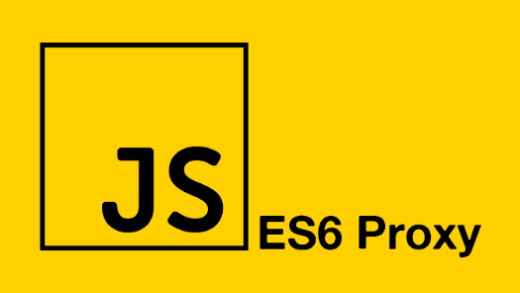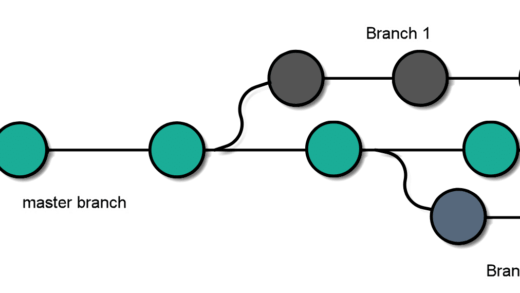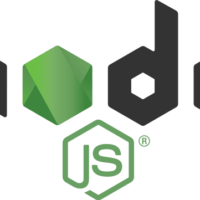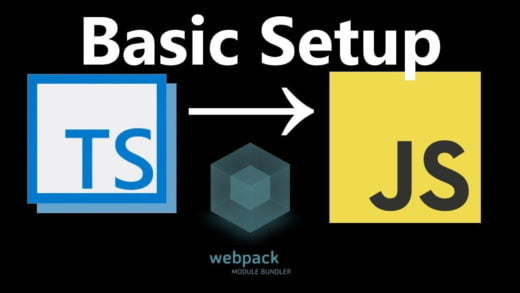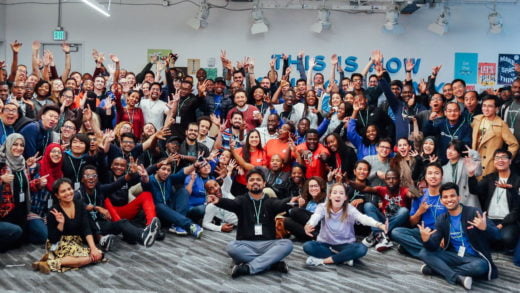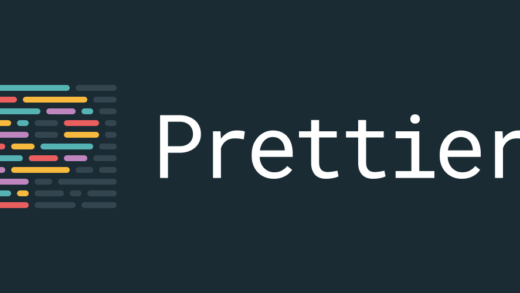The role of a proficient e-commerce developer cannot be overstated. Whether launching a new online store or revamping an existing one, opting for custom e-commerce development services can significantly impact your venture’s success. Before entrusting your project to another e-commerce developer, it’s imperative to understand the critical factors that can make or break your online presence.
Understanding Your E-commerce Needs
Before embarking on the journey of hiring an e-commerce developer, conducting a thorough assessment of your business needs and objectives is essential. Start by defining your target audience, understanding their preferences, and identifying your unique selling propositions. Determine the scope of your project, including features and functionalities required to meet your immediate and future goals. Additionally, factors such as budget constraints and timeline expectations should be considered. By clarifying your requirements upfront, you can streamline the hiring process and ensure prospective developers align with your vision for the project.
Evaluating E-commerce Developers: What to Look For
When evaluating potential e-commerce developers, looking beyond technical skills and portfolio showcase is crucial. While proficiency in programming languages and experience in e-commerce development are undoubtedly essential, other attributes can significantly impact the success of your project. Communication skills, for instance, play a vital role in fostering collaboration and ensuring that your requirements are accurately understood and implemented. Responsiveness is another key factor to consider, as timely updates and progress reports can help you stay informed and address any issues promptly. Additionally, assess the developer’s willingness to adapt to your specific needs and provide tailored solutions rather than a one-size-fits-all approach.
Key Points to Consider
When evaluating potential e-commerce developers, it’s essential to delve deeper into specific key points to ensure you find the perfect fit for your project:
Communication Skills
Effective communication is the cornerstone of a successful collaboration between you and your e-commerce developer. Beyond technical prowess, articulating ideas clearly, actively listening to your requirements, and providing transparent updates is paramount. A developer with strong communication skills can translate complex technical concepts into layman’s terms, ensuring that everyone involved in the project remains on the same page. Additionally, open and honest communication fosters trust and encourages a collaborative atmosphere where ideas can be freely exchanged and feedback can be constructively given and received.
Responsiveness
Timely responsiveness is essential in the fast-paced world of e-commerce development. A developer who promptly addresses queries, concerns, and issues demonstrates reliability and commitment to the project’s success. Whether it’s providing updates on project progress, responding to urgent requests, or troubleshooting unexpected challenges, a responsive developer instills confidence and ensures that potential roadblocks are swiftly addressed. Clear lines of communication and established channels for reaching out contribute to a smoother workflow and minimize delays, ultimately leading to a more efficient and satisfactory project outcome.
Adaptability to Specific Project Needs
Every e-commerce project is unique, with its challenges, goals, and constraints. An adaptable developer recognizes the importance of tailoring solutions to your specific requirements rather than applying a one-size-fits-all approach. They are willing to explore innovative strategies, accommodate evolving priorities, and pivot as needed to achieve the desired outcomes. Whether it involves customizing features, integrating third-party systems, or optimizing performance, an adaptable developer approaches each project flexibly and creatively. By understanding your business objectives and adapting their approach accordingly, they can deliver solutions that meet and exceed your expectations, ensuring a truly bespoke e-commerce experience for your customers.
Choosing the Right E-commerce Platform
Selecting the right e-commerce platform lays the foundation for a successful online store. With many options available, ranging from open-source solutions like WooCommerce to hosted platforms like Shopify, it’s essential to weigh the pros and cons of each platform carefully. Consider factors like ease of use, scalability, customization options, and integration capabilities with third-party services. Assess your long-term goals and growth projections to ensure the chosen platform accommodates your evolving needs. Additionally, explore the platform’s ecosystem, including available plugins, themes, and support resources, to gauge its suitability for your business.
Factors to Consider
When assessing e-commerce platforms, it’s crucial to weigh several key factors to ensure you choose the one that best aligns with your business needs:
Ease of Use
A user-friendly interface is essential for both you and your customers. An intuitive dashboard and streamlined navigation make it easier for you to manage your online store efficiently, from adding products to processing orders. Similarly, a seamless shopping experience enhances customer satisfaction and encourages repeat business. Look for platforms with intuitive design and robust features that simplify inventory management, content editing, and sales analytics tasks. A platform with a low learning curve allows you to focus more on growing your business and less on navigating complex technicalities.
Scalability
As your business grows, so should your e-commerce platform. Scalability refers to the platform’s ability to handle increased traffic, transactions, and data volume without compromising performance or user experience. Opt for a platform that can accommodate your growth trajectory, whether adding new product lines, expanding into new markets, or handling peak holiday seasons. Scalability ensures that your online store remains responsive and stable, even during periods of high demand. Consider server capacity, load balancing, and caching mechanisms to ensure your platform can scale seamlessly as your business evolves.
Customization Options
Every business has unique branding requirements and functional needs. A customizable e-commerce platform allows you to tailor the look and feel of your online store to reflect your brand identity and enhance user experience. Look for platforms that offer extensive customization options, such as customizable themes, templates, and CSS styling. Additionally, flexibility in layout, color schemes, and typography enables you to create a visually stunning and cohesive online presence that sets you apart from competitors. The ability to add custom functionalities through plugins or extensions further extends the platform’s adaptability to suit your specific business requirements.
Integration Capabilities with Third-party Services
An integrated ecosystem of third-party services enhances the functionality and value proposition of your e-commerce platform. Whether it’s payment gateways, shipping carriers, marketing tools, or customer relationship management (CRM) software, seamless integration with external services streamlines operations and enhances the overall customer experience. Look for platforms with robust APIs (Application Programming Interfaces) and extensive integration capabilities that allow you to connect with a wide range of third-party services. Compatibility with popular services and plugins ensures that you can easily extend the functionality of your online store and stay competitive in the ever-evolving e-commerce landscape.
Making the Right Decision
Hiring an e-commerce developer is a significant investment that can shape the future success of your online venture. By taking the time to understand your needs, evaluate developers thoughtfully, and choose the right platform, you can mitigate risks and set your project up for success. Remember that decision-making should be driven by combining technical expertise, compatibility with your business objectives, and alignment with your values. Don’t rush the selection process; don’t hesitate to seek recommendations or insights from industry peers. With careful planning and informed decision-making, you can find the perfect partner to bring your e-commerce vision to life.



